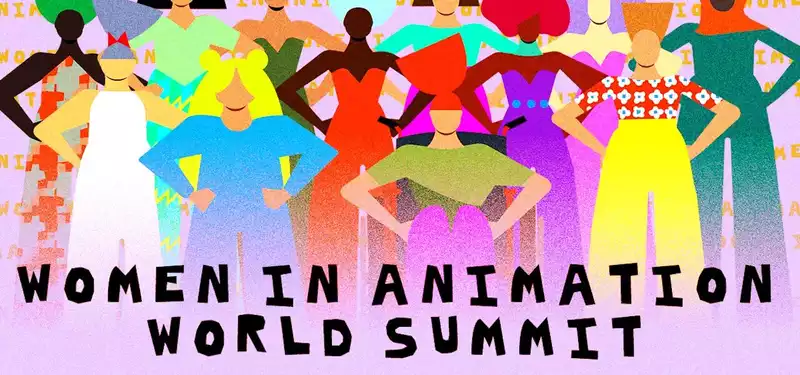Jun 15, 2021
How to Enter animation without Degree: 5 Takeaways from the Animation Panel Women
Hybrid festival notwithstanding, one of the most notable annual features of the Annecy line-up has returned this year: the Women in Animation (WIA) World Summit. In a number of recorded online events, people from across the industry are probing the issue of diversity from all kinds of angles.
This year's summit includes a conference titled “Alternative Career Paths and Opportunities for Talent.” The issue in question is how to broaden representation in the animation industry, especially to those without access to the kind of high-quality arts education that's normally seen as a prerequisite for a job.
The panelists are all involved, in different ways, in outreach or education. They are: Allison Frenzel (arts, media, and entertainment education programs specialist at the California Department of Education), Arnon Manor (Visual Effects Society board member and chair of its education committee), Corinne Kouper (svp of development and production at TeamTO; co-founder, ECAS; co-president, LFA); Meredith Dean (clinical program director, The Animation Project); and Carina Lücke (director, Triggerfish Foundation).
In the one-hour discussion, moderated by producer and WIA vice president Jinko Gotoh, the panelists made many pertinent points about the state of animation education and recruitment, and what is needed to make things fairer. Here are five takeaways:
Discussions about identifying animation “talent” often focus on creativity. But there are many jobs in animation that require different abilities, Frenzel stresses. When educating young people about the industry, equal emphasis needs to be placed on business and operations, production, and technical skills, she says. “'Talent' is kind of a bad word in public education,” as it can alienate children whose abilities lie in less recognized areas.
Manor describes the Visual Effects Society's mentorship scheme, in which its members pass on their knowledge to people both in and outside the industry. Thanks to the Covid-era Zoom boom, he says, professionals can now easily mentor people around the globe. Dean also notes the importance of alumni networks, whereby people who have entered the industry via access initiatives can describe their experiences to others from similar backgrounds.
Many believe that a career in the arts is not a viable option for their child, says Manor. He wants parents to understand that jobs in animation and vfx can pay well. Lücke agrees, and adds that it can help to tell parents that animation is not just good for making films and series: it can also be used in advertising, scientific visualizations, and many other fields besides.
Individual champions of diversity can be found everywhere, says Frenzel, including in the recruitment and corporate responsibility departments of major studios. Less often do the studios themselves endorse initiatives in this area. But it's important they do so: once a Sony or a Netflix puts its name to a scheme, things like mentorships and living-wage internships can be created more easily.
That's especially true for young people who don't have access to a high-school arts program or higher education, says Dean. Some of the children she works with have been involved with the justice system, which can slow things down further. In some cases, her organization trains someone for seven years. It's crucial to help people understand “the effort that it takes, the care that it takes, and really the belief in the person” needed for successful training.
Annecy passholders and WIA members can view the event - and the rest of the summit - until Saturday, June 19. From June 20, the videos will be open to the general public via WIA's website and Youtube channel.




Post your comment